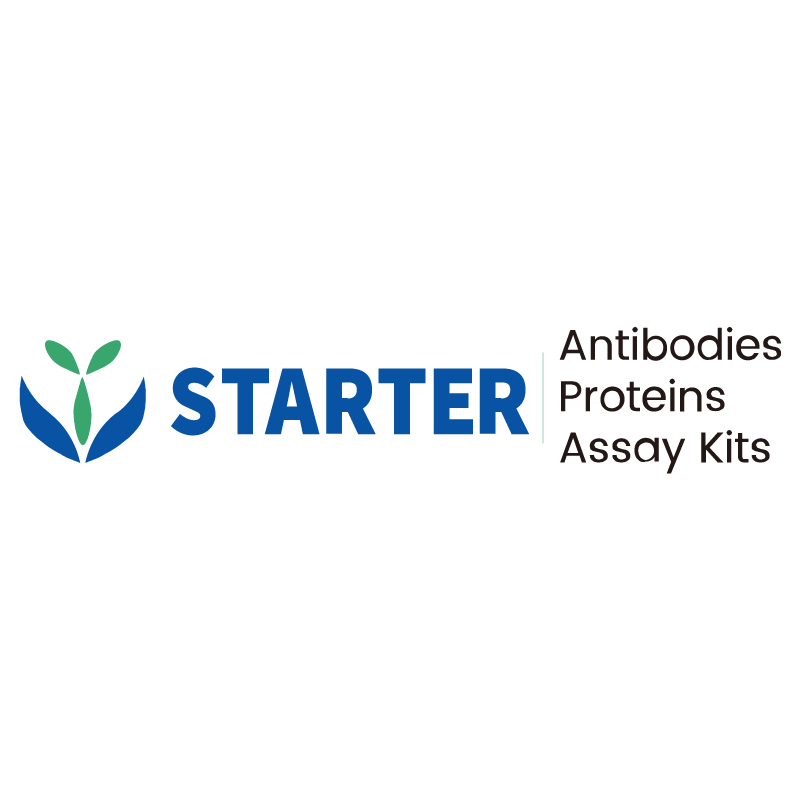Product Details
Product Details
Product Specification
| Host | Rabbit |
| Synonyms | Neural apoptosis-regulated convertase 1 (NARC-1); Proprotein convertase 9 (PC9); Subtilisin/kexin-like protease PC9 |
| Immunogen | Recombinant Protein |
| Accession | Q8NBP7 |
| Clone Number | SDT-424-252 |
| Antibody Type | Recombinant mAb |
| Isotype | IgG |
| Application | Sandwich ELISA |
| Reactivity | Hu |
| Cross Reactivity | Does not recognize CHI3L1 |
| Purification | Protein A |
| Concentration | 2 mg/ml |
| Purity | >95% by HPLC |
| Conjugation | Unconjugated |
| Physical Appearance | Liquid |
| Storage Buffer | Na-citrate, pH 6.0, 0.03% Proclin 300 |
| Stability & Storage | 12 months from date of receipt, 2 to 8 °C as supplied |
Dilution
| application | dilution | species |
| Sandwich ELISA | N/A |
Background
PCSK9 is ubiquitously expressed in many tissues and cell types. PCSK9 binds to and degrades the receptor for low-density lipoprotein particles (LDL), which typically transport 3,000 to 6,000 fat molecules (including cholesterol) per particle, within extracellular fluid. The LDL receptor (LDLR), on liver and other cell membranes, binds and initiates ingestion of LDL-particles from extracellular fluid into cells and targets the complex to lysosomes for destruction. If PCSK9 is blocked, the LDL-LDLR complex separates during trafficking, with the LDL digested in the lysosome, but the LDLRs instead recycled back to the cell surface and so able to remove additional LDL-particles from the extracellular fluid. Therefore, blocking PCSK9 can lower blood LDL-particle concentrations. PCSK9 has medical importance because it acts in lipoprotein homeostasis. Agents that block PCSK9 can lower LDL particle concentrations. The first two PCSK9 inhibitors, alirocumab and evolocumab, were approved as once every two week injections, by the U.S. Food and Drug Administration in 2015 for lowering LDL-particle concentrations when statins and other drugs were not sufficiently effective or poorly tolerated. PCSK9 inhibitors are promising therapeutics for the treatment of people who exhibit statin intolerance, or as a way to bypass frequent dosage of statins for higher LDL concentration reduction. So, measurement of plasma PCSK9 level will be more useful for monitoring treatment effect.
Picture
Picture
Paired Recommendations


